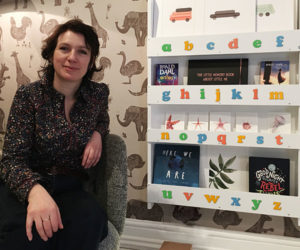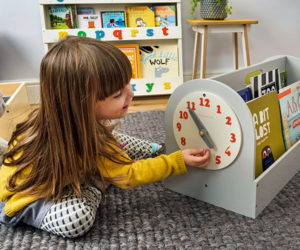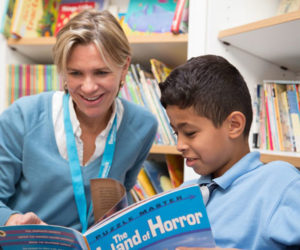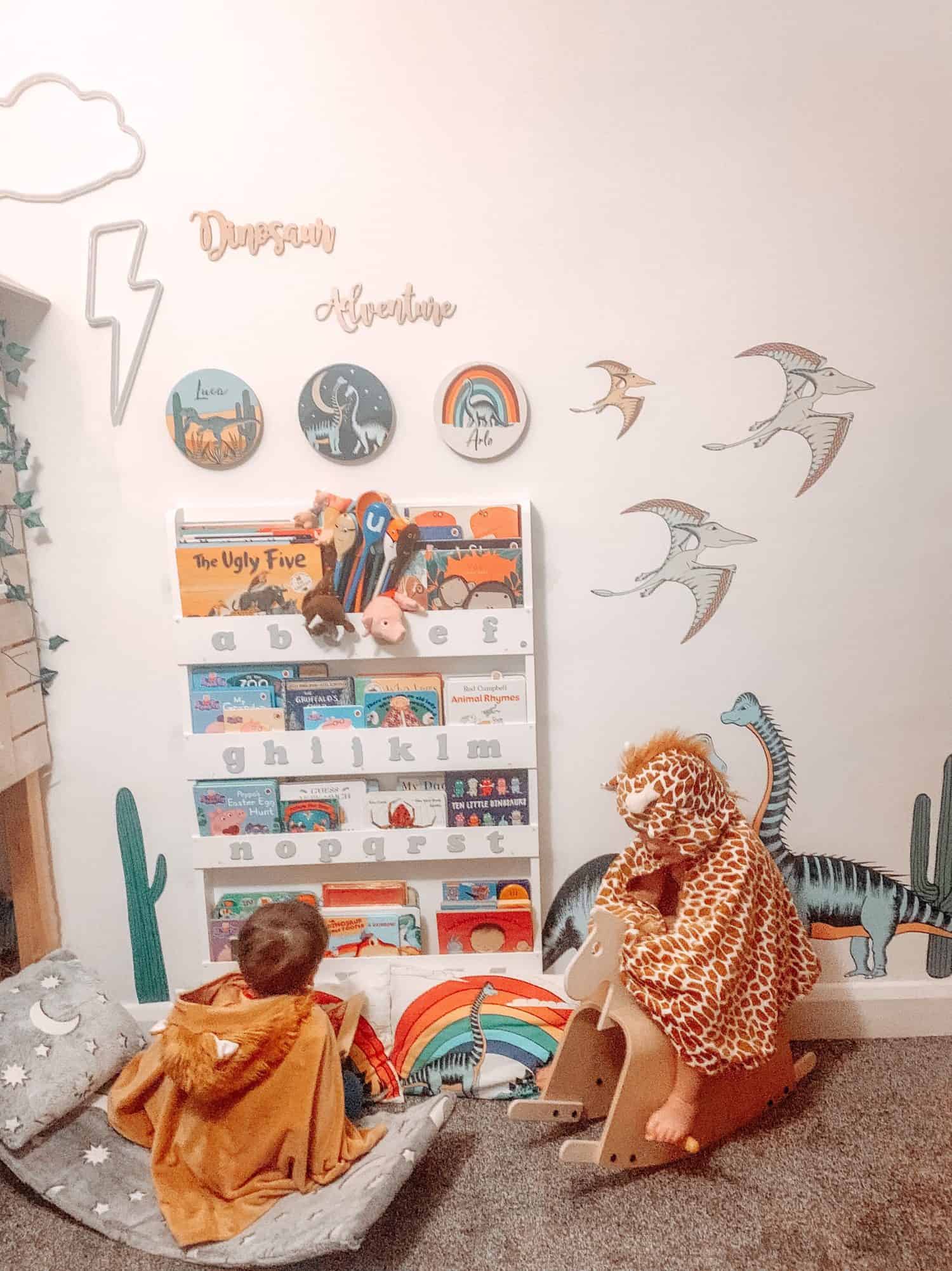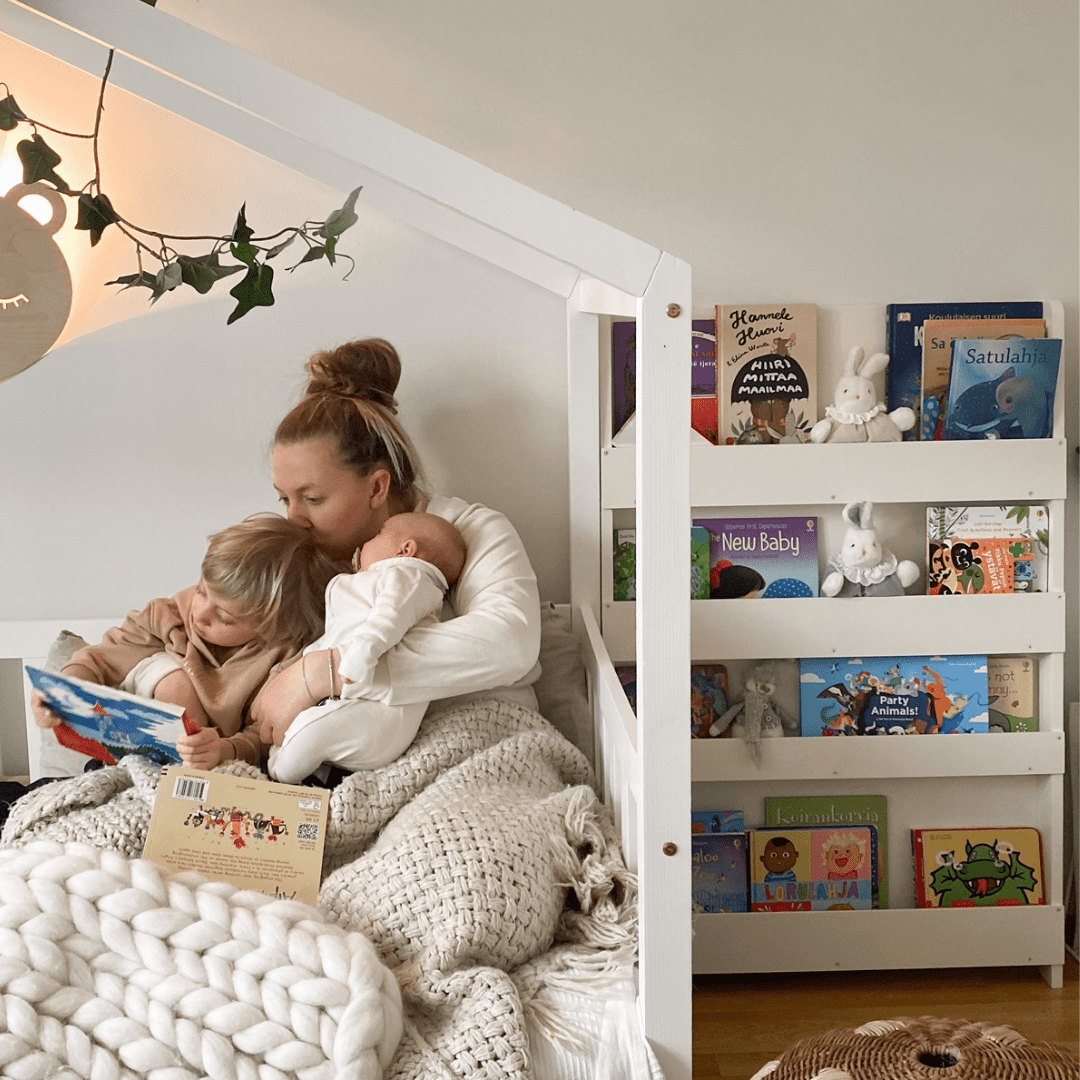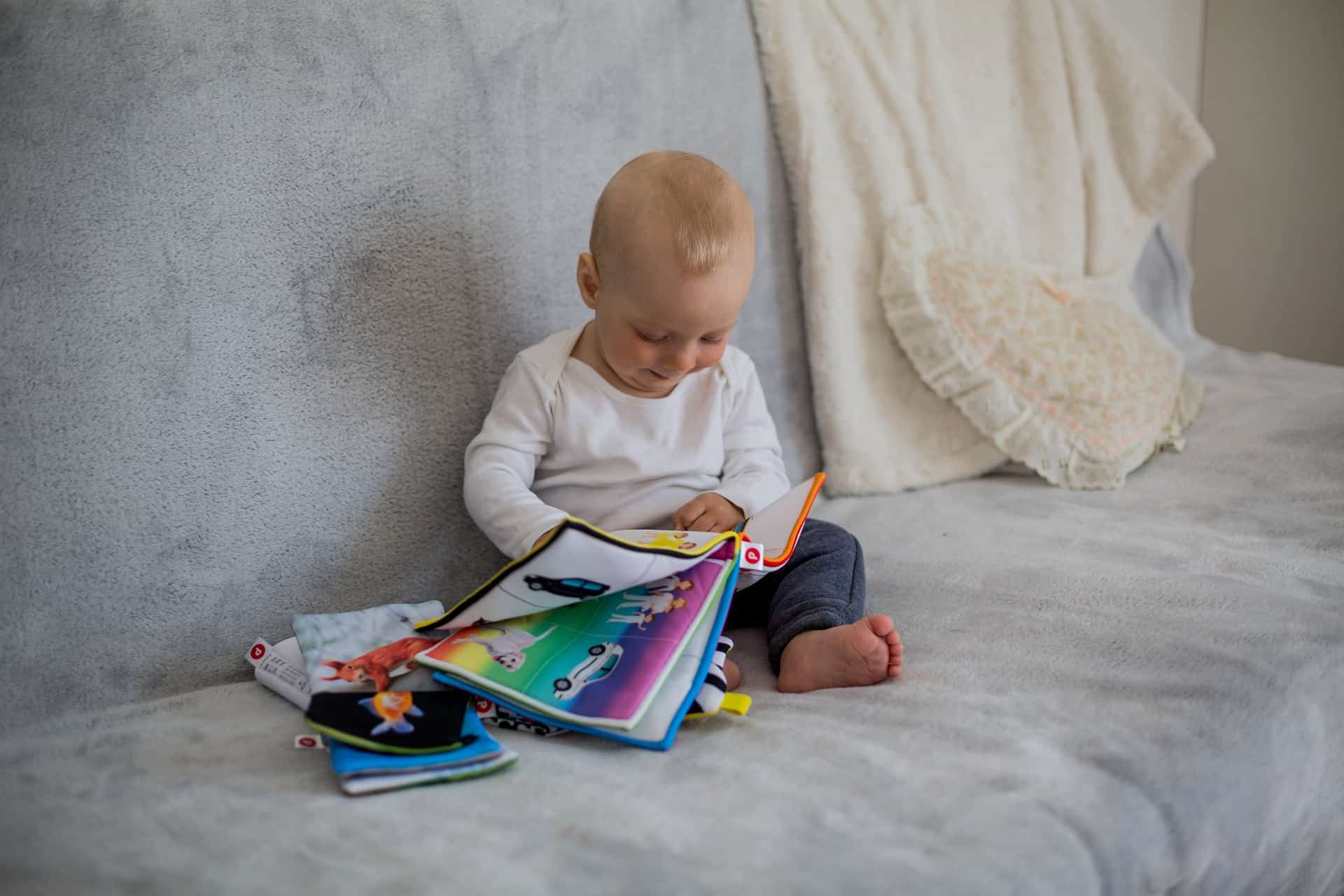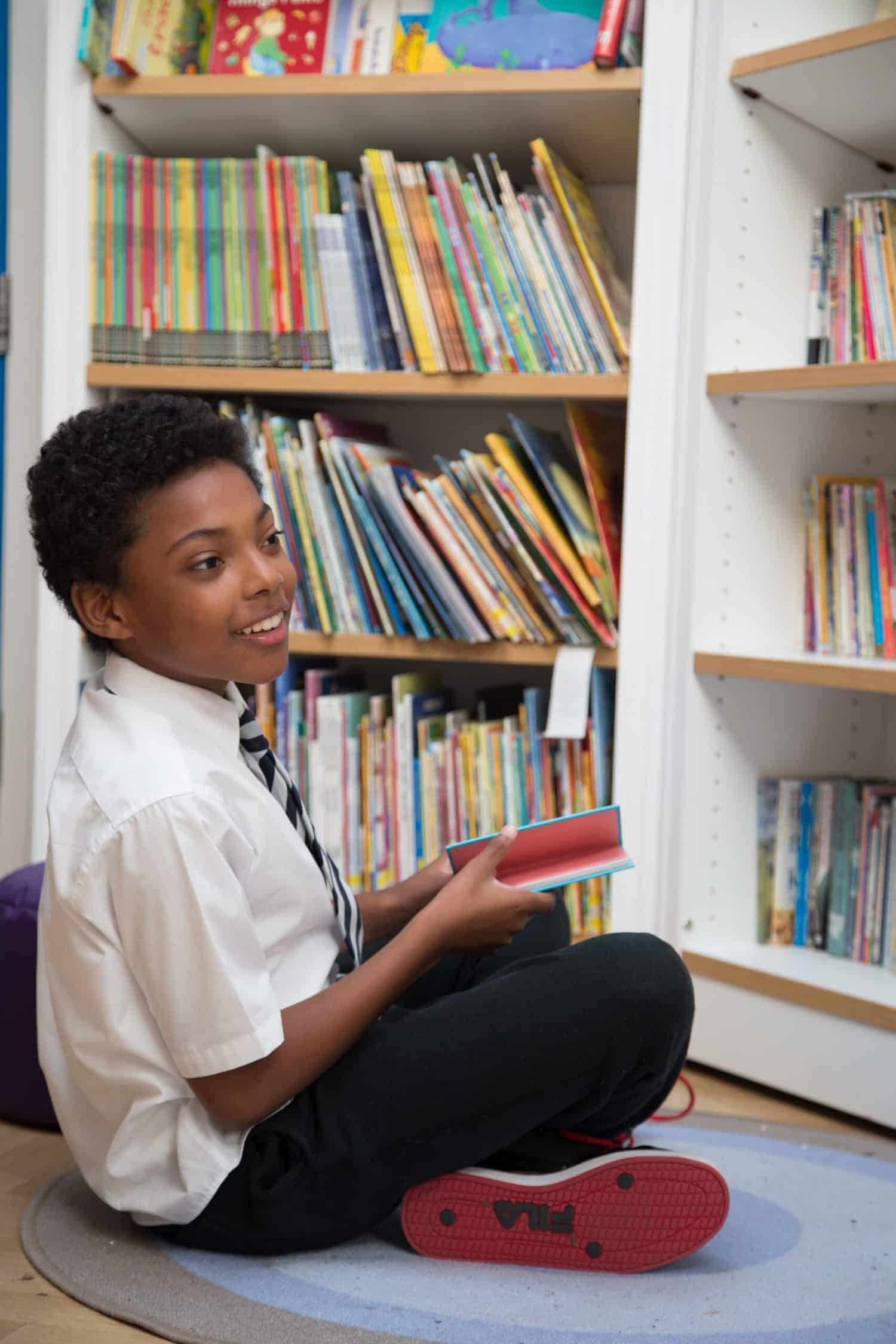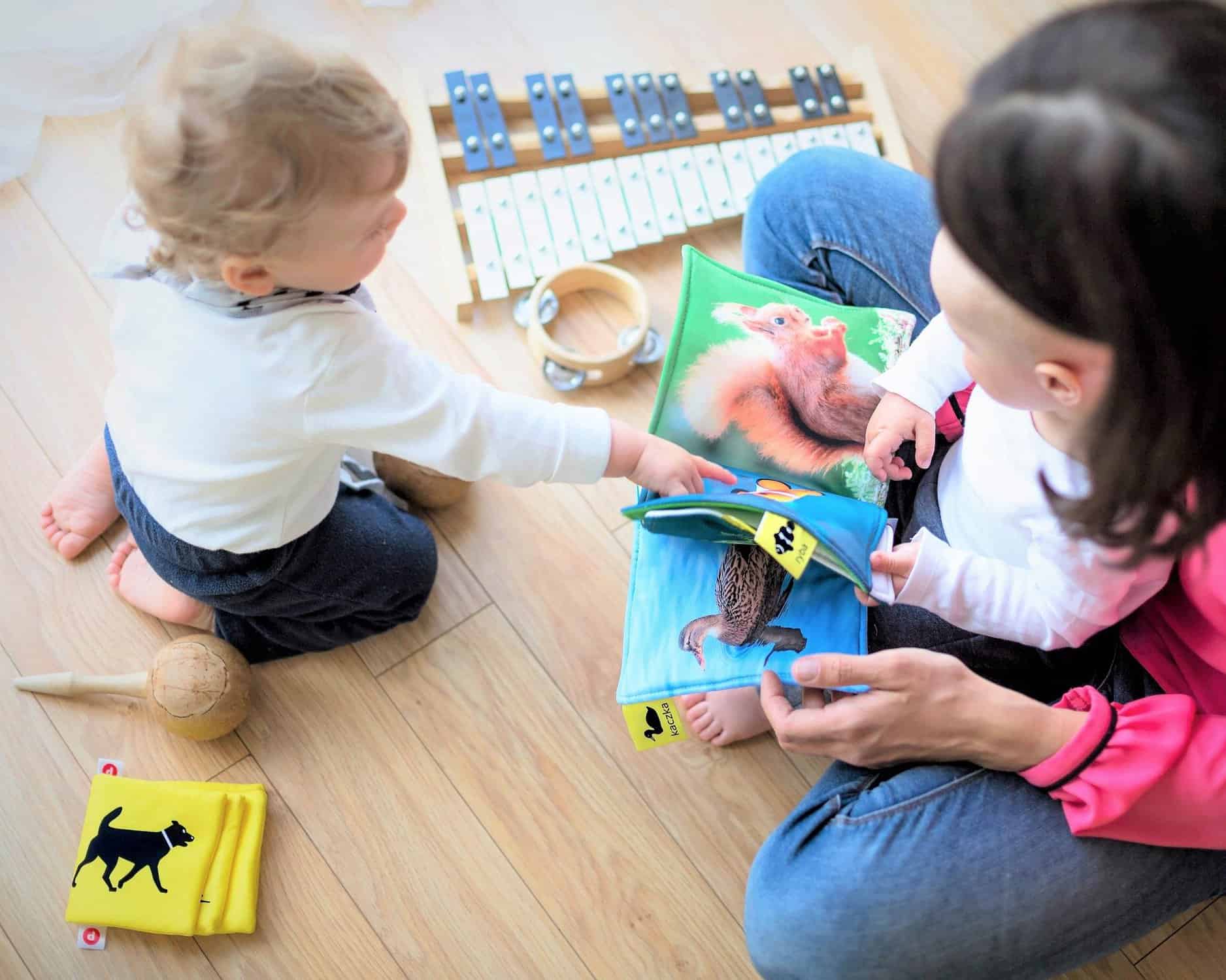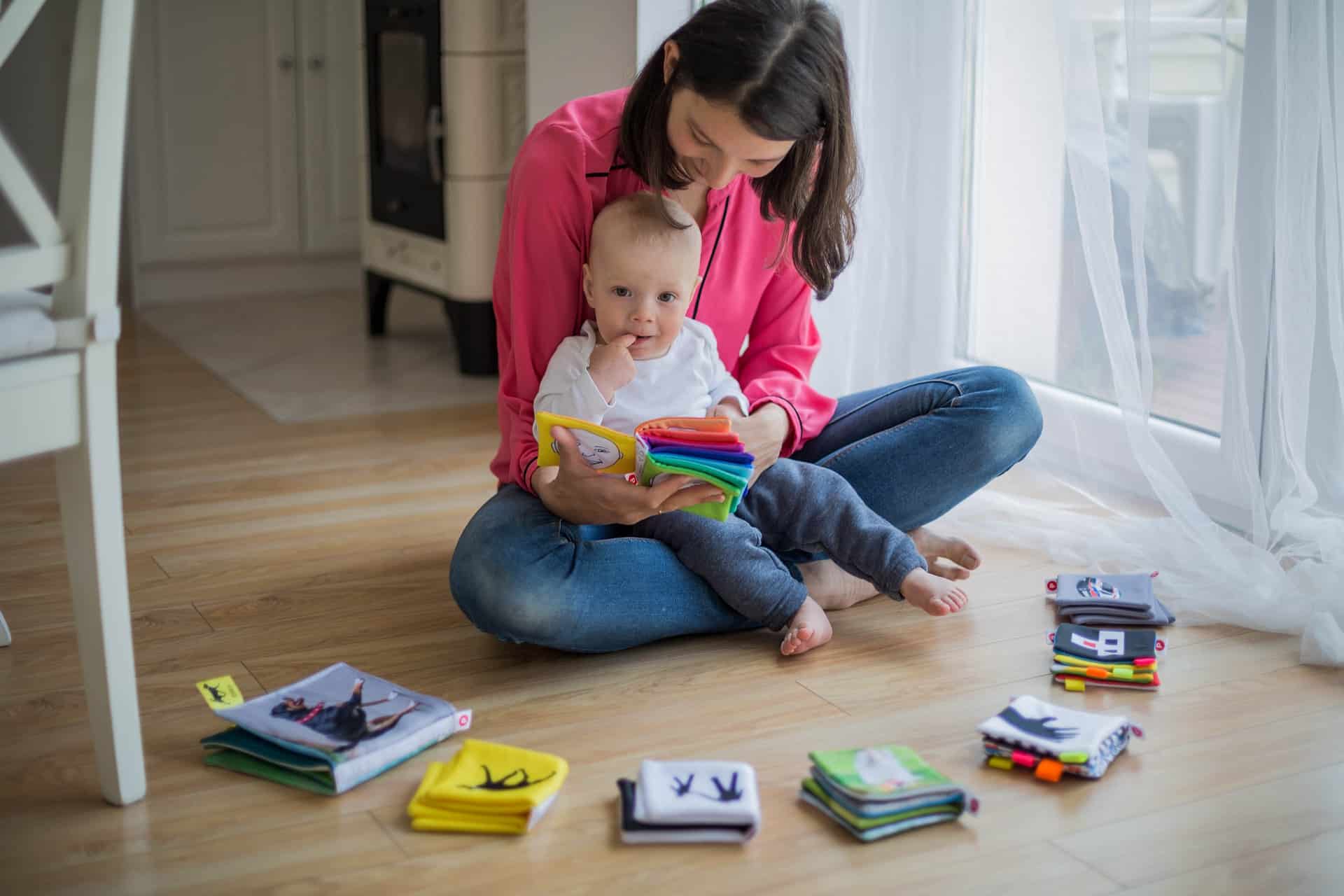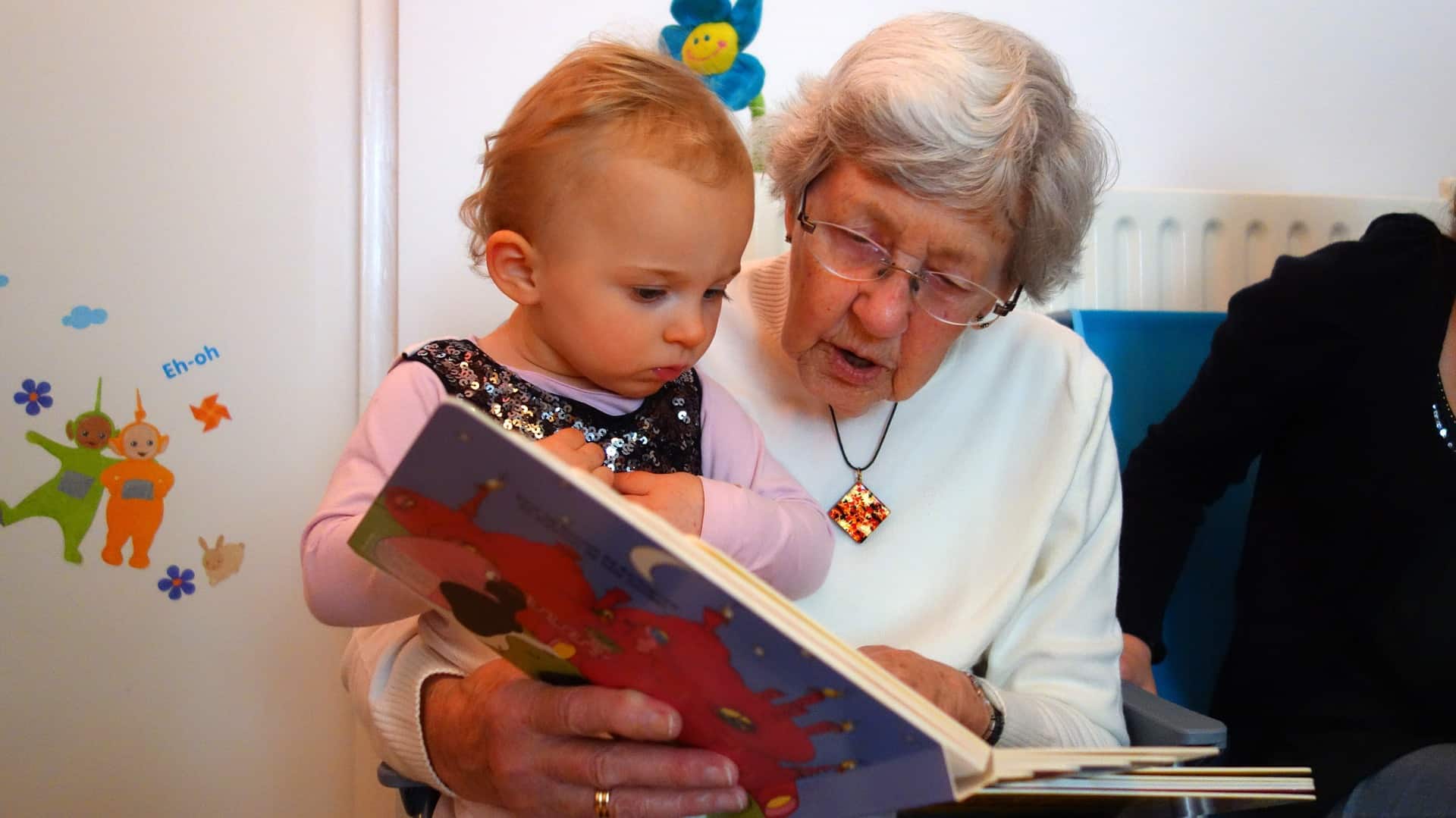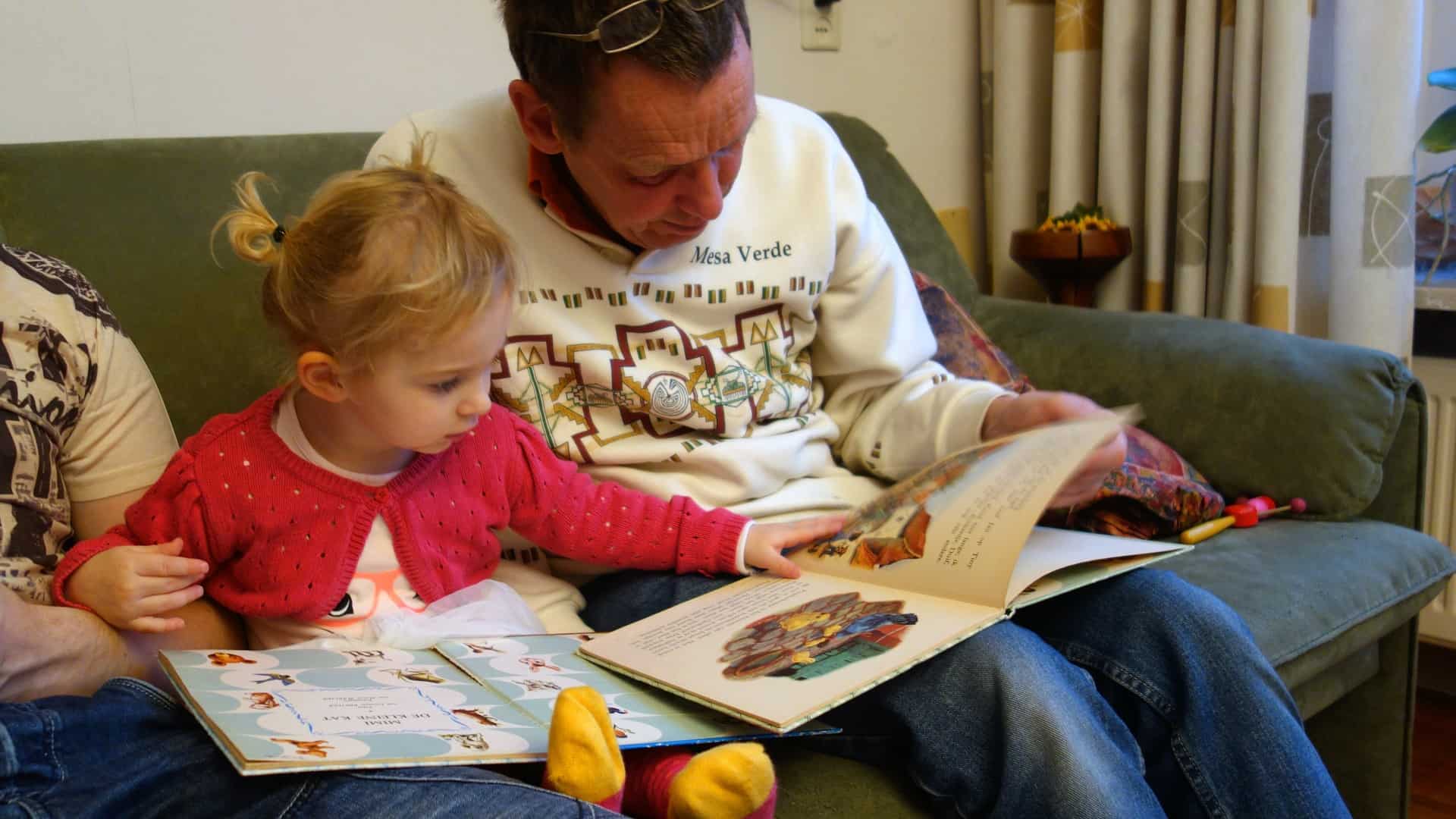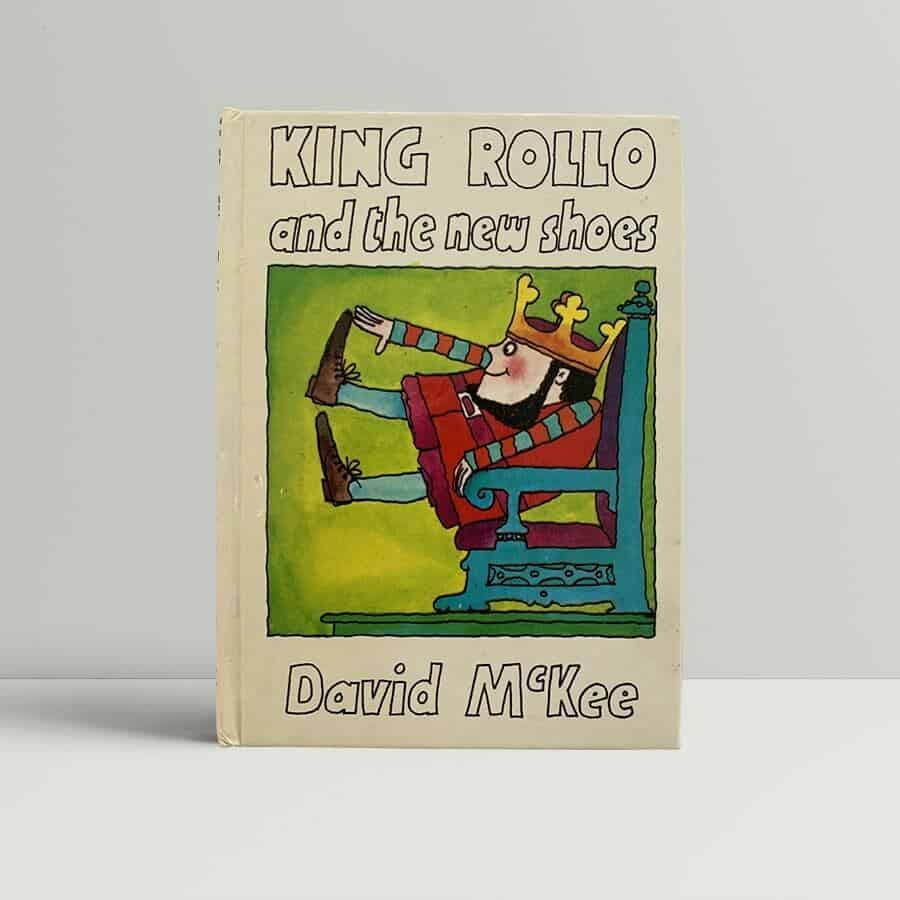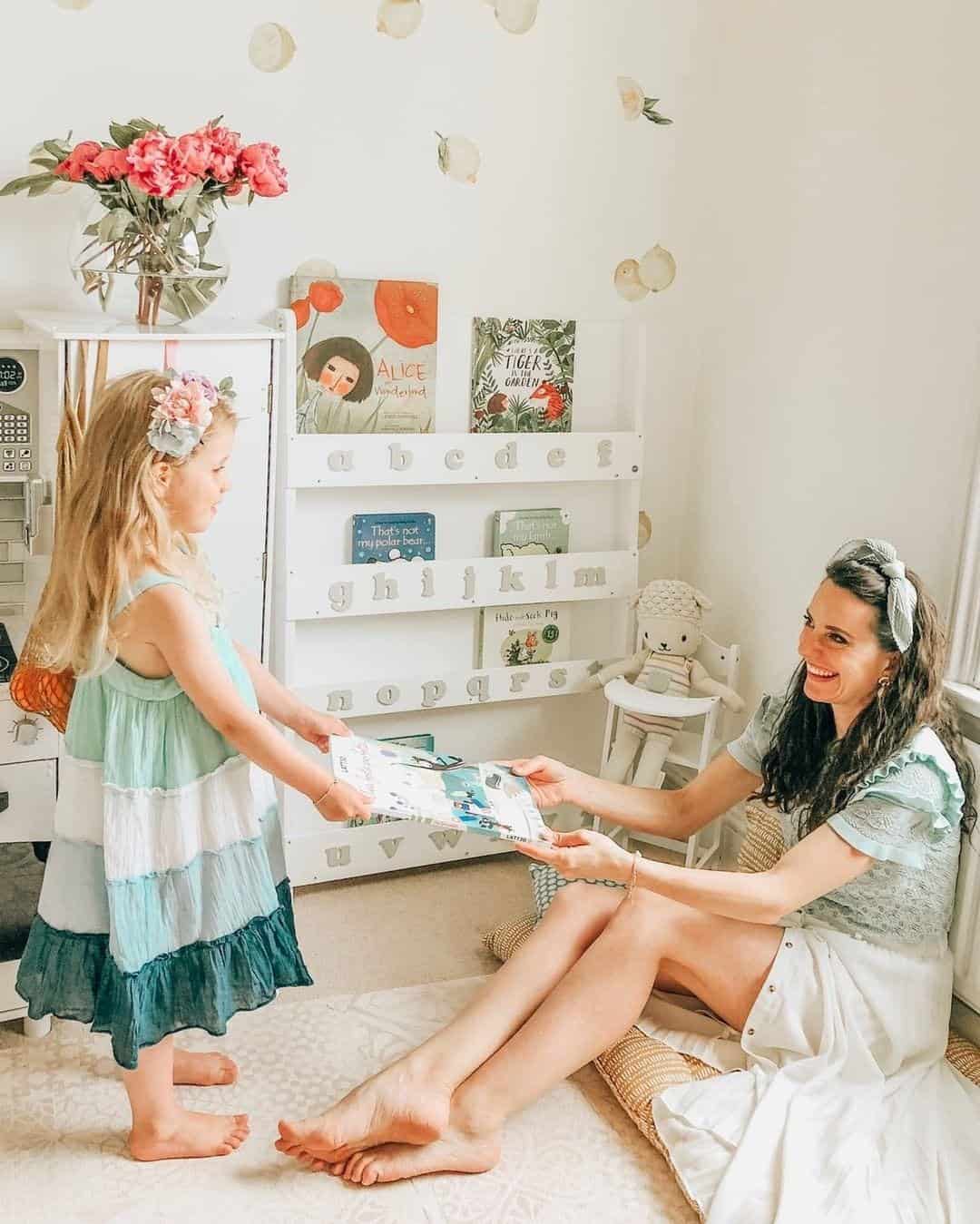As parents we want our children not just to read but to develop a love for reading. We are delighted to welcome guest blogger, mum and elementary school teacher Molly of @create_make_and_play who shares her tips to help get your children reading at home.
As a teacher I know the importance of reading. Children need to be able read in order to succeed in everyday life; throughout their school life, college/university life and eventually in their work and adult lives.
Becoming a great reader helps children to develop:
- cognitive skills
- vocabulary and language skills
- imaginative skills
- creativity
- knowledge and understanding of the world around them
Listening to stories being read by others helps children to develop the above skills as well as:
- developing a bond with their parents/carers/grandparents
- increasing their listening, attention and concentration skills
- developing enjoyment for reading
But reading can be very tricky for children and it is important that we as practitioners and parents help children to develop a love for reading.
Here are my top tips to get your children reading at home
-

Getting lost in a book. Photo credit @create_make_and_play
Read to your child as well as listening to them read. Reading to your child and making it part of your daily routine is the perfect way to help them to develop an understanding of reading and helps to further develop their imagination. This will inevitably help your child to develop positive associations with reading and they will see the joy it brings to them when listening to stories being read to aloud, and spending time as a family.
- Make sure all adults in the family read to your child, make mistakes and show them that it is okay to make mistakes. Reading aloud to others can help to further develop your child’s reading ability and confidence. Practise makes perfect is what my dad would always say!
- Praise and encouragement are so important when listening to your child read, as well as developing their independence. When listening to your child reading at home, if they come across a small hurdle such as a tricky word, encouragement is key. Explain to your child that it is okay to make mistakes and lots of practise will help them to become great readers and that is why it is important to read every day!
- To help better prepare your child to become independent readers, you could help to develop their independence first by encouraging them to get dressed in the morning.
- Practise things like recall and inference from all different types of texts not just books and stories, for example, it could be something they have watched instead.
- Make sure you have a variety of different books and relevant texts throughout the home not just in the bookcase. For example, recipe books in mud kitchen, transport books with their vehicle toys and so on. When displaying books in a bookshelf, I would recommend one that allows you to clearly display the front covers of all the books on offer, these are much more eye catching and appealing to children. The Tidy Books alphabet bookshelf is perfect for this!
- If you have space, create a dedicated space or reading nook for your kids, and for you to share with them!
- Become positive role models and read books yourself, do this in front of your child and make trips to the library with your child too. Show that everyone has a love for reading!
Boys and developing their love for reading
- At school I always found that it was the boys that tended to be less interested in reading. And as a parent it can be worrying when you hear that boys underachieve, especially in reading. As a mum of two boys, this is something I worry about for sure. Therefore, I always ensure that I follow my children’s interests, making sure I have books available that I know they will be interested in. Books that relate to their favourite character/toy or tv show. When they are reading ask questions about the books and the illustrations etc. Having books that match your child’s interests will also help to further develop their understanding, and demonstrate the importance of reading. My eldest is particularly interested in non-fiction books about animals and night and day. Remember you do not always have to have books that are fictional to foster your child’s love for reading.
- Have props available. Props such as puppets, figures and costumes. This will help to capture your child’s imagination and bring the books to life.
- You can incorporate reading into your children’s play. On a hot summers day, you can have letters or words painted or chalked on the floor or wall for your child to wash off with a water pistol, recognising the words and sounds as they squirt them. You can use bath crayons to write words and letters on the tiles at bath time. Reading recipes when baking is another way to encourage your child to read at home without them even realising.
- You can encourage your child to practise reading when you are out and about too! You can do this by encouraging them to read signs within the environment such as road signs. You can turn this into a fun game when you are in the car or even on local walks.
I hope you find this informative and helpful as you raise your own little readers!
Guest blog post by Molly Howard of @create_make_and_play who also a Mum of 2 and Qualified Primary School Teacher who shares simple play ideas and play hacks
